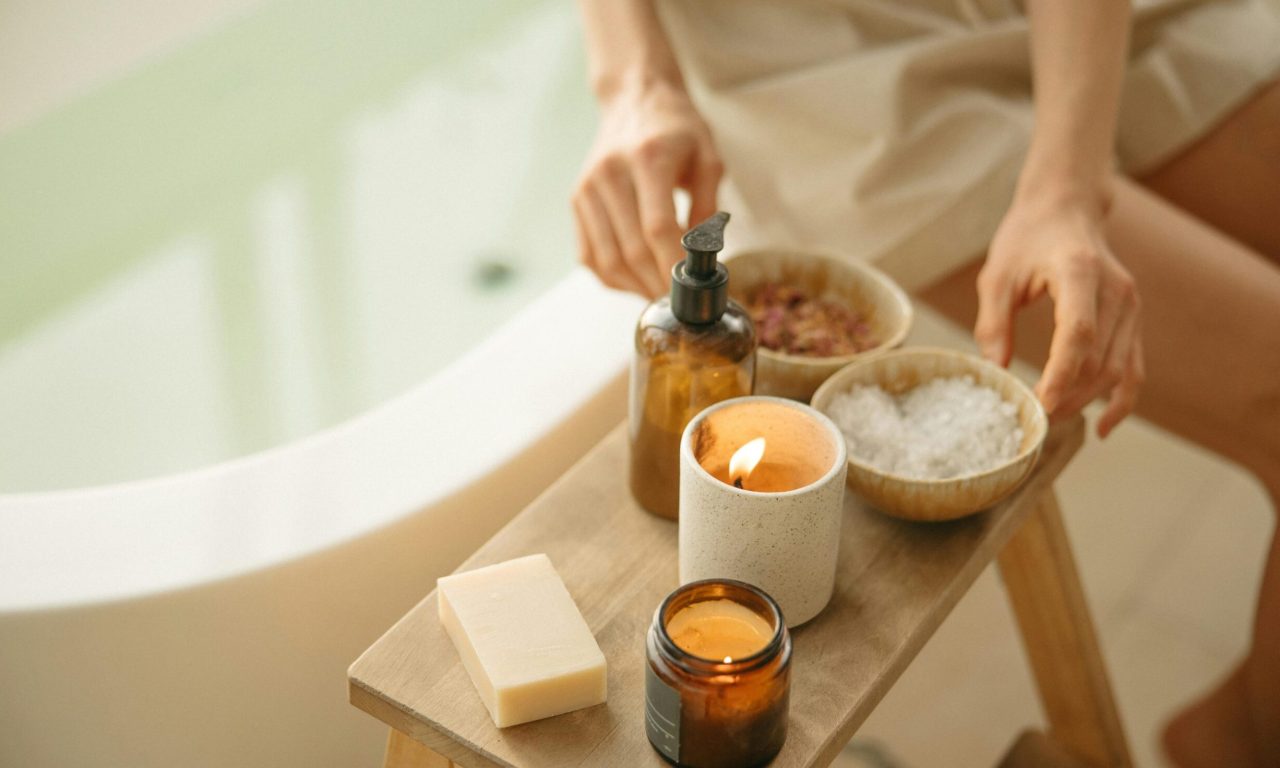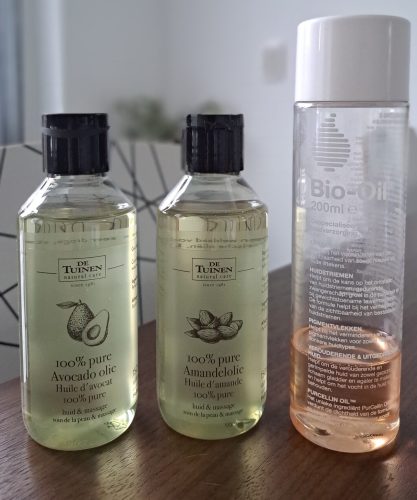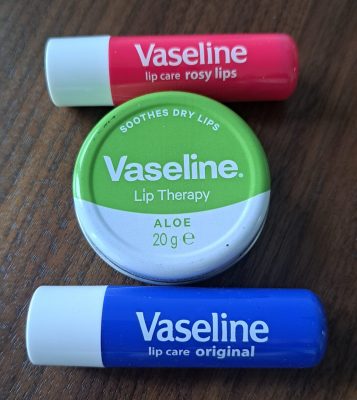Winter Skin Care: Essential Tips for Hydration and Protection

Winter has arrived, bringing with it that cozy atmosphere only the coldest season can offer. Here in Europe, where the winters are intense, the frosty days call for warm coats, hot teas, and moments of comfort. But as we adapt our habits to the climate, it’s essential to remember that our skin needs extra attention too.
Since moving to Europe and experiencing the fall and winter seasons here, I’ve realized how much these times of year require adjustments not just in wardrobe but also in skincare routines. Cold temperatures, biting winds, and dry air can leave skin feeling dry, sensitive, and sometimes even uncomfortable. However, with a few small changes and conscious choices, it’s possible to keep your skin hydrated, healthy, and vibrant, even on the chilliest days.
If you’ve noticed that winter takes a toll on your skin, this guide is for you. I’ll share natural and accessible tips that have transformed my routine – simple practices that make a big difference.
Hydrate From the Inside Out
In winter, drinking water might not come as naturally – after all, we tend to feel less thirsty. But keeping the body hydrated from the inside out is essential to prevent flaky skin and maintain softness. I make an effort to drink at least two liters of water daily, and hot teas have become my best friends. My favorite is ginger with lemon, which not only warms me up but also hydrates deliciously.
Food can also be a source of hydration if we choose ingredients rich in water, nutrients, antioxidants, and vitamins (especially vitamin D). I include nuts and flaxseed in my diet because they’re rich in omega-3, which helps maintain elasticity and hydration. Citrus fruits like oranges and kiwis are another smart choice, packed with vitamin C to boost collagen production. And, of course, I always have avocado – full of healthy fats that nourish skin from the inside out.
Additionally, antioxidant-rich foods like nuts and colorful vegetables are vital for protecting the skin from free radical damage. On the other hand, I avoid excessive sugar, as it can worsen inflammation and make skin more sensitive.
Why Hot Water Is Bad for Your Skin: The Hidden Risks
If there’s one thing I love about winter, it’s a long, hot shower. But let me tell you, I discovered something that completely changed my skincare routine: hot water isn’t as good for your skin as you might think.
I always believed that a hot shower left my skin feeling clean and refreshed. But in reality, hot water strips your skin of its natural oils, leaving it dry. And the worst part? Your skin tries to recover by producing even more oil than usual, which can make things worse.
- My tip? Lukewarm water is the key!
Once I started switching to lukewarm water instead of hot, I noticed a huge difference. And when it comes to washing my face, I make sure to use cold or room-temperature water. It may seem like a small change, but it made all the difference in the health of my skin. - Oh, and there’s another benefit I discovered!
Using cold water also helps reduce puffiness, especially if you’re dealing with winter allergies (like me). Plus, it leaves your skin with a natural, healthy glow—almost like a beauty trick.
Sunscreen Is Still a Must

Ah, that autumn or winter sun… so delightful, right? It’s tempting to soak up every ray that appears on chilly days. But don’t be fooled – even in these seasons, the sun isn’t as harmless as it seems.
While UVB rays, responsible for sunburns, are less intense in winter, UVA rays – the main culprits behind premature ageing – remain strong and work silently. So even if you don’t feel like you’re getting “burned,” your skin is still being affected.
My tip? Always wear sunscreen with at least SPF 15, especially if you’ll be spending more time outdoors. This simple habit can make a huge difference in keeping your skin healthy and protected year-round.
If you’re looking for a suggestion, I personally love using Nivea and Vichy sunscreens, as it works really well for both my body and face. But there are also other great options available.
Exfoliation: A Winter Essential
Exfoliating your skin in winter is key to enhancing hydration. Exfoliants remove the layer of dead cells, leaving the skin smoother and better able to absorb moisturizing products. Exfoliate your body and face once or twice a week to maintain glowing, healthy skin.
- My favorite homemade recipe: 2 tablespoons of coffee grounds or brown sugar. 1 tablespoon of jojoba, almond, avocado, or olive oil
I gently massage this mixture in circular motions, focusing on areas like elbows, knees, and heels. I do this once a week, and my skin feels renewed and ready for hydration.
Hydration is Key: Focus on Moisturizing

In winter, the skin loses moisture quickly, often leaving you with that “tight” feeling. Double down on hydration during this season by paying special attention to areas that suffer the most: feet, elbows, knees, hands, neck, and chest. These regions are more prone to dryness and deserve extra care. Apply a vegetable oil or body moisturizer daily after bathing to help “seal” in hydration.
I personally use and recommend Nivea, Vaseline, Dove, and vegetable oils, as they are excellent for keeping the skin hydrated from head to toe.
If you have rosacea, this is a time for extra care with your sensitive skin. Rosehip oil and a vitamin C serum can work wonders for your skincare routine.
Keep Hands and Feet Hydrated

During winter, keeping the skin on your hands and feet moisturized is essential to prevent cracks and dryness. Hand cream becomes a true ally this season – always keep one nearby, whether in your bag or on your desk, and reapply as needed to ensure soft and protected skin.
I’ve found that my hands and feet used to suffer in winter, but with a special routine, it’s possible to prevent and treat the damage:
- Hand Care: Apply a hand cream or vegetable oil daily. If your hands are very dry, reapply the product 2 to 3 times a day, focusing on affected areas.
- Nighttime Foot Routine: Turn foot care into a relaxing evening ritual. Before bed, massage your feet with vegetable oil and wear cotton socks. This helps lock in hydration, and by morning, your feet will feel soft and nourished.
Extra Tip: Set aside a weekly moment for a foot soak with warm water and coarse salt. This ritual not only relaxes but also preps your feet to better absorb moisturizers.
Protect Your Lips

In winter, our lips suffer even more from the cold and wind, as they have thin skin without sebaceous glands to protect them. To keep them soft and healthy, invest in a good lip balm or opt for natural alternatives like vegetable oils (almond, olive oil, coconut, or jojoba) or even beeswax. These create a protective barrier and help preserve moisture.
A trick that makes a big difference is exfoliating your lips once a week. This removes dead cells and helps your lip balm absorb better, leaving your lips feeling refreshed. And a word of caution: avoid licking your lips! Saliva can exacerbate dryness and even cause cracking.
Dry lips are a common winter issue, and a good lip balm is essential. I personally love using Vaseline because it really hydrates my lips, but there are other excellent choices too.
Avoid Harsh Products
Winter skincare should stick to the basics: cleansing, hydrating, and – during the day – sun protection. Choose products rich in antioxidants and with extra hydrating properties to combat the season’s dryness.
Avoid overly astringent soaps, as the skin tends to become more sensitive. After cleansing, don’t rub your towel on your face to avoid irritation. Instead, gently pat your skin to absorb moisture.
Final Thoughts
Caring for your skin in winter goes beyond aesthetics – it’s a way to nurture and care for yourself. Small adjustments to your routine can transform not only your skin but also how you feel during this season. I hope these tips help you as much as they’ve helped me.
And you, how do you take care of your skin in winter? Try out these ideas and let me know how they work for you!






